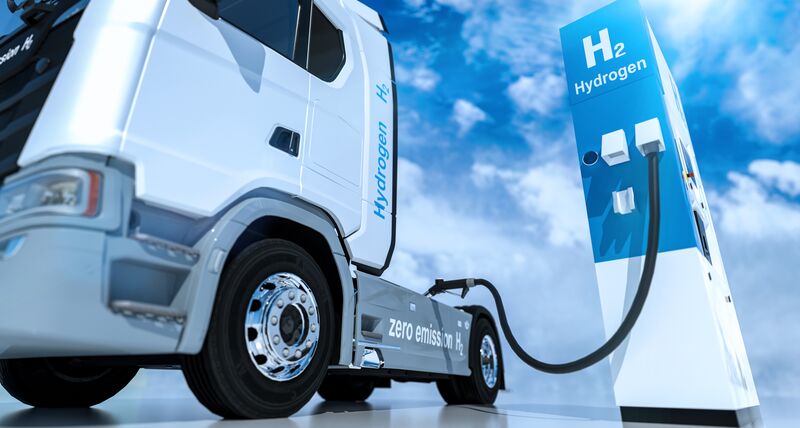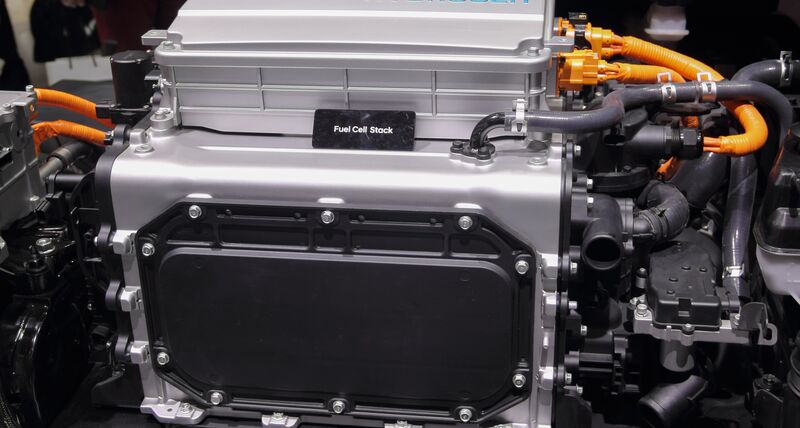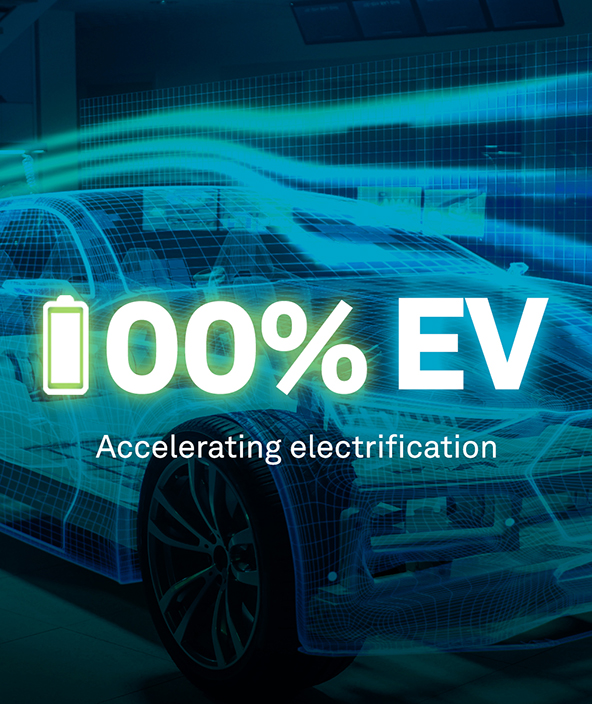Electric vehicle fuel cells
Fuelling development in hydrogen-powered vehicles with solutions for the design and manufacture of safer, more efficient electric vehicle fuel cells
Contact us

Hydrogen fuel cell vehicles, or fuel cell electric vehicles (FCEVs), generate energy through the electrochemical reaction of hydrogen and oxygen with only water as a by-product. Typically promising greater range than battery electric vehicles and lighter in weight, they have long been heralded as the future of sustainable transportation.
According to Allied Market Research, the hydrogen fuel cell vehicle market size was valued at $651.9 million in 2018, and is projected to reach at $42,038.9 million by 2026. Some analysts expect FCEVs to dominate vehicle sales by 2030, and their use in military vehicles, mass transit and aircraft is already increasing. Yet development of fuel cell technology into a viable mainstream alternative to petrol and diesel combustion engines remains challenging for manufacturers.
Optimising the design of electric vehicle fuel cells to offer effective performance yield within an attractive price range will be the key differentiator in the race to raise customer acceptance of FCEVs for domestic use, while cutting development and manufacturing costs will also make the technology a more attractive option for commercial transport applications. Design for manufacturability and efficient quality assurance solutions are therefore critical to creating a viable commercial model, as well as creating a compelling business case for installing hydrogen fuelling infrastructure.
Manufacturing FCEVs requires a number of unique parts and production technologies including bipolar plates, membrane electrodes, catalytic electrodes, hydrogen injectors and carbon-fibre hydrogen tanks. Manufacturers also need to adapt other more typical automotive parts to fit a fuel cell powertrain – for example the cooling systems.
Hexagon’s simulation, production and inspection solutions are supporting manufacturers working to develop the next generation of full cells and FCEVs. From thermal modelling to help modify cooling systems for effective operation with fuel cells, to case production to ensure safety of this new technology in the event of an accident, our technology provides data to help accelerate innovation. Our non-contact vision inspection solutions provide quality assurance for intricate and fragile parts such as membrane electrode assemblies, while our computed tomography software also supports non-destructive testing for the assembled fuel cell.
According to Allied Market Research, the hydrogen fuel cell vehicle market size was valued at $651.9 million in 2018, and is projected to reach at $42,038.9 million by 2026. Some analysts expect FCEVs to dominate vehicle sales by 2030, and their use in military vehicles, mass transit and aircraft is already increasing. Yet development of fuel cell technology into a viable mainstream alternative to petrol and diesel combustion engines remains challenging for manufacturers.
Optimising the design of electric vehicle fuel cells to offer effective performance yield within an attractive price range will be the key differentiator in the race to raise customer acceptance of FCEVs for domestic use, while cutting development and manufacturing costs will also make the technology a more attractive option for commercial transport applications. Design for manufacturability and efficient quality assurance solutions are therefore critical to creating a viable commercial model, as well as creating a compelling business case for installing hydrogen fuelling infrastructure.
Manufacturing FCEVs requires a number of unique parts and production technologies including bipolar plates, membrane electrodes, catalytic electrodes, hydrogen injectors and carbon-fibre hydrogen tanks. Manufacturers also need to adapt other more typical automotive parts to fit a fuel cell powertrain – for example the cooling systems.
Hexagon’s simulation, production and inspection solutions are supporting manufacturers working to develop the next generation of full cells and FCEVs. From thermal modelling to help modify cooling systems for effective operation with fuel cells, to case production to ensure safety of this new technology in the event of an accident, our technology provides data to help accelerate innovation. Our non-contact vision inspection solutions provide quality assurance for intricate and fragile parts such as membrane electrode assemblies, while our computed tomography software also supports non-destructive testing for the assembled fuel cell.
-
Dimensional inspection
Dimensional inspection of fuel cell membrane electrode assemblies (MEAs)
Fuel cell technology relies on the accurate manufacture of membrane electrode assemblies, which need a specialised inspection technology to ensure quality.


